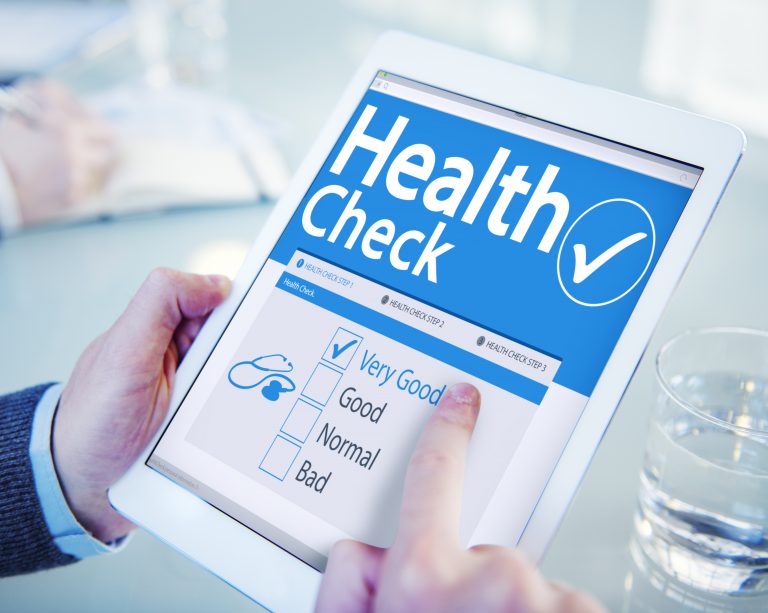Assessment
What is an assessment?
Assessment(s) come in all shapes and sizes and can be far-reaching involving an entire community or very specific with a narrow focus.
By and large, assessments are the evaluation and analysis of data to assess any past, current, or future impact on the public’s health.

Why are public health assessments important?
Assessments are fundamental to public health and provide us with comprehensive information about a community’s current health status, needs, and issues. We, therefore, gain a great deal of insight that helps in the development of advisories, recommendations, and setting community priorities.
Additionally, assessments benefit the community with improved coordination and collaboration, increased knowledge to make informed decisions, strengthened partnerships, identification of assets and weaknesses, and benchmarks to measure future progress.
Lastly, assessments assist with a variety of local health department activities including community health improvement planning, program effectiveness/evaluation, and identifying new or existing opportunities and community assets.

Types of Assessments and their use
Generally, assessments help us to identify areas where we can have a positive impact on our communities through information sharing, educational campaigns, improvement planning, and policy change. Thus, the types of assessments utilized in public health are those that address the overall community or a specific problem. As an example, a “health impact assessment”, (HAI), helps decision-makers make choices to improve health through community design. Specifically, an HAI evaluates how a plan, project, or policy will affect community health before it is built or implemented.
Additionally, the list below includes a variety of other assessments that may be conducted at your local health department.
- community health assessments
- cost-benefit analysis
- environmental impact assessment
- human health risk assessment
- public health assessment
- Published: March 8, 2022
- Page Reviewed/Updated: May 2, 2023


